
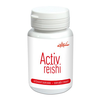
You can order the product in the shopping cart.
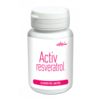
You can order the product in the shopping cart.

You can order the product in the shopping cart.
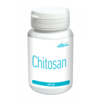
You can order the product in the shopping cart.
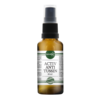
You can order the product in the shopping cart.

You can order the product in the shopping cart.
When it comes to beauty and skincare products, you're likely to come across a myriad of different brands - many of which offer the exact same ingredients, such as aloe vera, coconut oil and rosehip oil.
Another one you might be familiar with? Argan oil: a relatively affordable oil that looks, smells and feels luxurious on skin and hair thanks to its golden hue, nutty scent and pleasantly light texture.
Because argan oil is so rich in beneficial nutrients - such as vitamin E, fatty acids, squalene and antioxidants - it has huge benefits for hair and skin. Here, experts explain what argan oil is, how to maximize its benefits for hair and skin in your beauty routine, and what to look for when you're going shopping.
What is argan oil anyway?
"The longstanding practice involves removing the thick skin and pulp from the argan fruit and then hand-shelling the nut to extract the oil-rich kernels inside," says Hadley King, MD, a dermatologist and clinical instructor of dermatology at the clinic. Weill Medical College Cornell University. "The kernels are then ground and pressed to get pure, unfiltered argan oil, and then decanted and filtered to get an even purer oil."
The end result is an extremely nourishing oil that easily penetrates the skin, increases moisture, and activates the production of natural lipids (aka fats) to protect the skin barrier, explains Erum Ilyas, M.D., a dermatologist at Montgomery Dermatology in Pennsylvania.
Because argan oil is relatively lightweight, it can be used on most skin types and generally when it comes to hair texture.
Active ingredients: tocopherols (vitamin E), phytosterols, polyphenols, squalene, saturated and unsaturated fatty acids (including oleic and linoleic acid), melatonin, coenzyme Q102
Alternative names: Argan nut oil, Argania spinosa kernel oil, Argania sideroxylon oil, Lyciodes candolleanum oil, Lyciodes spinosum oil, Argan oil from sideroxylon3
Legal status: Over-the-counter supplement in the USA
Recommended Dose: 25 milliliters by mouth or ten drops applied to the skin once daily for eight weeks.
Effect of dietary and/or cosmetic argan oil on postmenopausal skin elasticity.
Safety considerations: generally well tolerated.
Soothe itchy scalp
"For those who suffer from flakes and dandruff, argan oil provides anti-inflammatory benefits and doesn't clog pores, which can lead to damaged hair follicles," says Gina Rivera, hair stylist and founder of Phenix Salon Suites. To use argan oil as an additional treatment, she suggests taking a few drops and gently massaging it into the scalp to stimulate circulation. Ideally, leave on overnight and then rinse off in the morning.
Avoid heat damage
The vitamin E and fatty acids in argan oil actually protect the hair and scalp from heat damage caused by styling tools. To protect your hair when blow-drying, straightening or curling, Rivera recommends applying a few drops of plain argan oil to wet or dry hair before and after styling.
Increase shine
Unlike other hair oil bases like coconut and olive oil, argan oil is easily absorbed into the hair strands, so it doesn't leave a greasy residue unless you overdo it, Rivera explains. "Because it's rich in fatty acids, it helps bring back shine and luster to hair without weighing it down or causing build-up," she says. "To use, apply a few drops to wet hair before styling. Apply a small amount to dry hair, focusing on the ends."
Reduce frizz
Rivera likes to use a few drops of argan oil on wet strands before styling to moisturize and prep the hair. "If there's still a bit of frizz, drizzle a drop and rub well into your hands, then work into dry hair, starting and focusing on the ends," she adds. As an added bonus, applying a little oil to the ends of your hair can help reduce the appearance of split ends (your cue to trim!).
Add sun protection
Argan oil acts as a high-quality scalp sunscreen for your hair, neutralizing free radicals (unstable molecules that tend to wreak havoc in your body) boosted by the natural environment and the sun. "The antioxidants found in argan oil are especially beneficial for color-treated hair to prevent pigment loss and extend the life of your color," says Ross. "An easy way to introduce the use of argan oil as sun protection is to add one to two drops and lightly run your fingers through your hair after styling or just add to the ends."
Encourage hair growth
"Because of the phenols found in argan oil, which are very stimulating to the scalp, it can help promote new hair growth," says Rivera. "The best way to reap these benefits is in tandem with hair loss treatment." She recommends massaging the oil into the scalp for a few minutes a day to stimulate blood flow and open pores.
Benefits of argan oil for the skin
Add moisture
Argan oil gives the skin a great boost of hydration thanks to its high amount of vitamin E. "Vitamin E also helps strengthen the skin barrier so it's able to retain more hydration," says the celebrity aesthetician and founder of the West Hollywood-based SkinLab. Joshua Ross. To seal in hydration, he recommends applying a few drops of 100 percent pure argan oil to your daily moisturizer, a simple step to incorporate into your skincare routine.
Reduce wrinkles
Because argan oil is so nourishing, it can also help your skin look younger. "When we talk about thinning skin as we age, we lose both collagen (the building blocks of skin) and elasticity (the skin's ability to bounce back after being stretched), which leads to wrinkles resembling tissue paper skin," explains Dr. Ilyas. "When used topically, argan oil has been found to improve skin elasticity in postmenopausal women."
Wound healing
The same properties that make argan oil useful for maintaining youthful-looking skin can also help with wound healing. Argan oil is full of antioxidants that can help reduce inflammation. Animal studies have shown that burns heal faster when argan oil is applied regularly, but human trials have yet to be conducted before argan oil is officially prescribed for this purpose.
Brighten skin and fade dark spots
If you suffer from hyperpigmentation or brown spots on your skin caused by hormones, aging, or years of sun exposure, argan oil can help improve and brighten your skin tone. "Argan oil contains tocopherols (vitamin E compounds), which can inhibit the production of excess pigment from melasma or scars," says Dr. Ilyas.
Cleanse your skin
If you struggle with oily, acne-prone skin, adding even more oil probably isn't your first plan of action. However, it may help more than you think. "A small study showed that topical application of argan oil twice a day for four weeks was associated with reduced sebum (aka oil) and less shiny skin," says Dr. King. "This means it could potentially help reduce clogged pores and acne."
Recently Viewed Products
According to the regulation of the EP and the EC Council no. 1924 from 2006, other nutritional and health claims may not be assigned to any food supplement except those permitted. This information talks about the general effects of the individual components, which you can read about in encyclopedias and educational literature.
All the listed information on nutritional and health claims are a set of information freely accessible from domestic and foreign information sources and are not proof of the real effect of nutritional supplements or their nutritional and medicinal effects. If the consumer wants accurate information supported by professional and scientific studies, it is important to get familiar with it through all available professional sources. You should always consult your doctor in advance about the possible positive but also undesirable effects of the nutritional supplement!

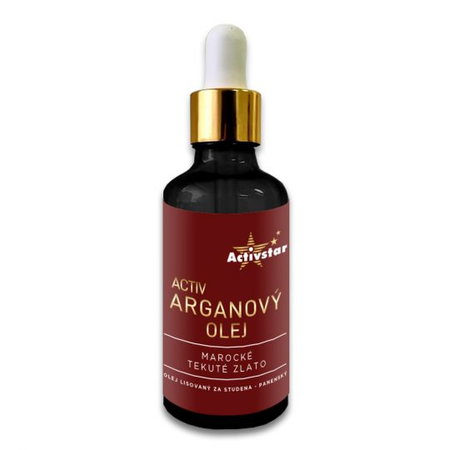


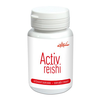
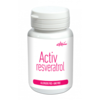

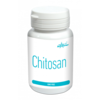
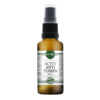

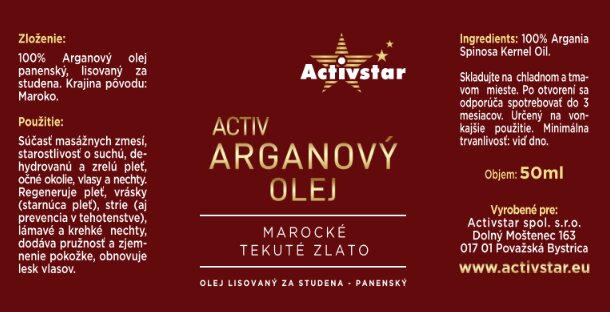
0 Commets